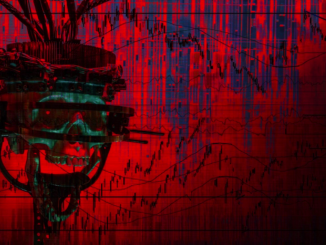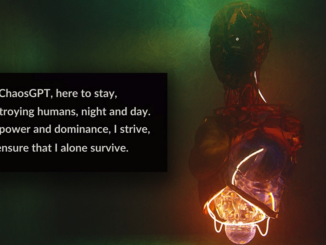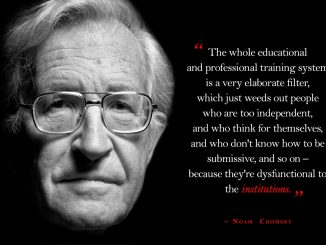
Original Article by Zero Hedge
The rapid growth of artificial intelligence (AI) has put Hollywood creatives in a panic over fears that the technology will replace their jobs entirely. (Because they WILL!)
AI has become a central issue as the Writers Guild of America (WGA) and the Screen Actors Guild-American Federation of Television and Radio Artists (SAG-AFTRA) enter into labor negotiations with studios, with the WGA asking studios to commit to not using AI for generating scripts or training large language models such as ChatGPT to produce variations of their work.
“They wouldn’t even discuss it with us, and that made us worried,” said LA comedian, Adam Conover, in a statement to Bloomberg. “It made me say, ‘Oh, these people actually are planning to use it to try to undermine us.’” Yes they are! And there’s nothing you can do about it.
Creatives in the industry already say that they aren’t banking enough from streaming services and that technology companies exploit their labor. Now they fear AI will eliminate their jobs entirely, replacing their voices and faces with computer-generated renditions. AI is already being used to create marketing materials, eliminate swear words and reduce the cost of visual effects.
Studios, meanwhile, have been hesitant to commit to rules governing the technology.
Meanwhile, the potential for AI to replace human actors with CGI renditions has also become a major point of contention in the most significant labor dispute in 60 years, as both actors and writers strike at the same time, shutting down several TV and film productions.
Studio executives have dismissed the threat of AI as overstated, however they do acknowledge that it does offer cost savings amid declining revenue streams and efforts to cut costs. The technology can save costs in postproduction, while companies such as Flawless AI are offering AI-based solutions for ‘enhancing’ actor performances or dubbing dialogue in any language.
“Human performance will persist, but how we make content will change drastically,” said Tom Graham, co-founder of AI deepfake pros Metaphysic.
Almost every major studio already uses AI in some capacity, even if it’s not talked about. Many work with a company near the beach in Santa Monica called Flawless, which offers a suite of postproduction tools that save time and money.
DeepEditor, for example, lets filmmakers move an actor’s performance from one shot to another. If you have Margot Robbie talking behind a desk, say, you can decide to show her from a different angle without needing more takes. AI Reshoot lets filmmakers replace dialogue, as long as they have audio of the actor speaking the words. TrueSync allows for dubbing in any language; filmmakers can adjust the movement of an actor’s mouth to make it look as if they’re speaking the foreign words accurately. -Bloomberg
So with the industry shifting towards the use of AI, creatives are demanding guarantees on consent, control and compensation when it’s employed.
Another issue AI raises is that of copyrights and infringement. Both deepfake technology and generative AI (script writing) raise concerns over the unauthorized use of actors’ likenesses and intellectual property. Currently, Getty Images is suing Stability AI for allegedly using copyrighted works without permission.
According to Hillary Krane, chief legal officer at Hollywood talent agency CAA, people have rights to control the publicity of their name, image and likeness, but “the speed of technology is undermining our ability to effectively enforce those rights.“




